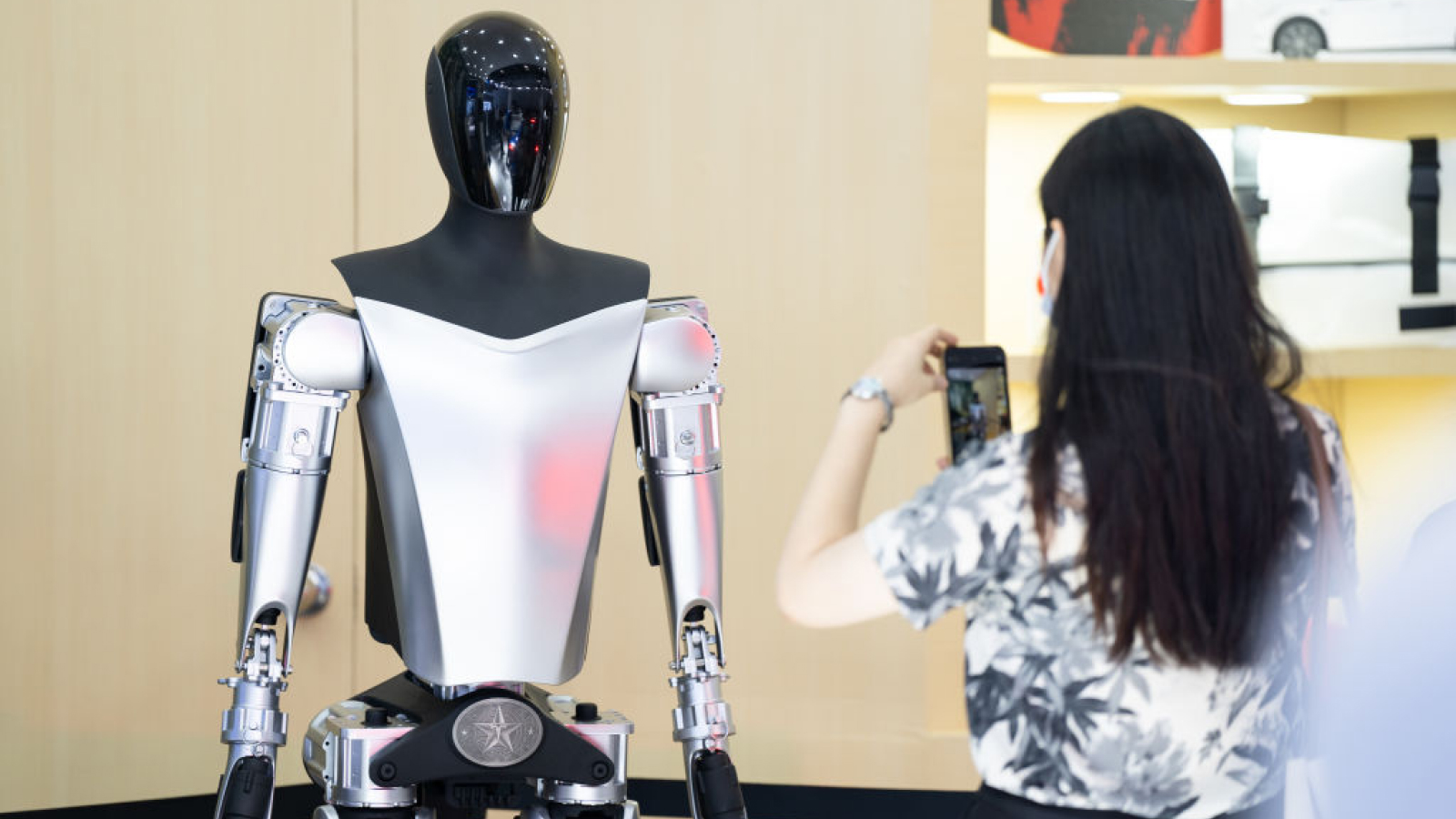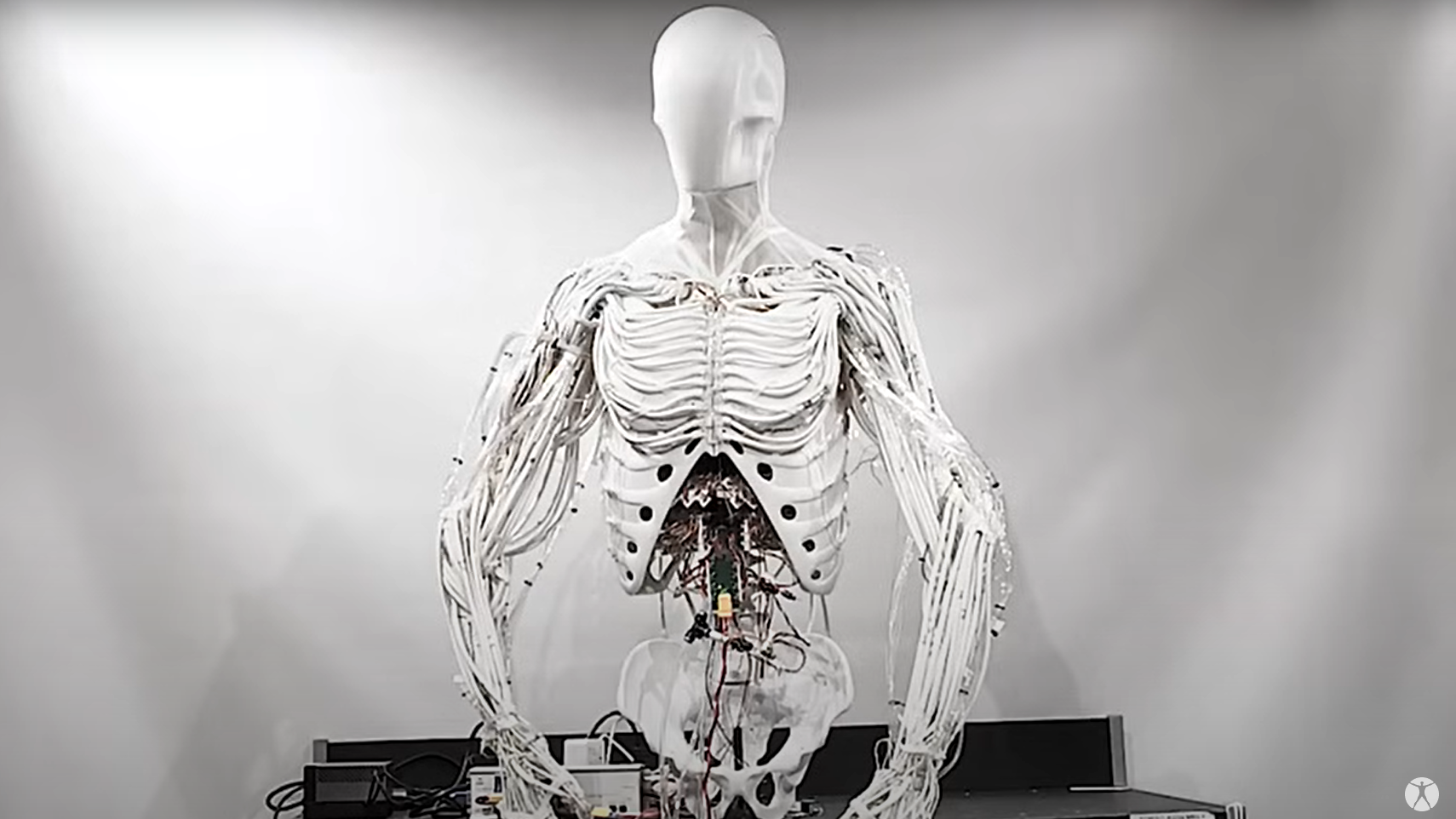10 Do's and Don'ts to Reduce Your Risk of Cancer
Intro

Recent research on the genetics of cancer may lead to impression that some are fated for the disease, but that's not necessarily true.
Healthy behaviors could prevent about half of all cancer deaths, according to the American Cancer Society. Here are 10 lifestyle changes, all based on recent research, that can improve your odds of warding off cancer.
The tips come from Dr. Anne McTiernan, a cancer prevention researcher at Fred Hutchinson Cancer Research Center in Seattle.
Slide 2
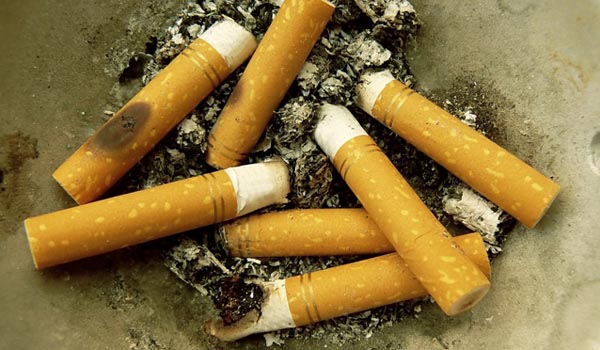
1. Don't smoke or use any tobacco products. Smoking causes a host of cancers, including cancers of the lung, esophagus, mouth, throat, stomach and pancreas, according to the National Cancer Institute. It's also the leading cause of premature, preventable death in the United States. If you've tried to quit before, don't give up eventually something will work, McTiernan said.
Slide 3
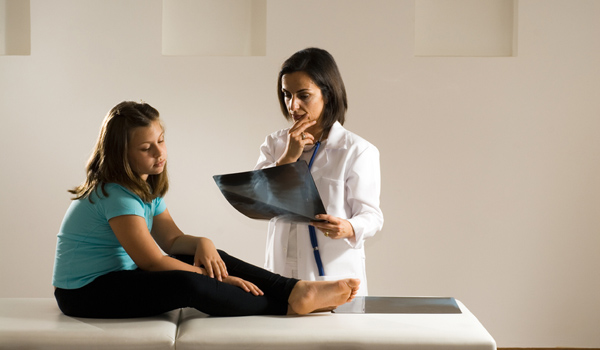
2. Get screened for cancer regularly. Screening tests can detect cancers of the colon, breast, prostate, cervix and skin (ask your doctor how often to get them and at what age you should start). Even if you don't have any symptoms yet, finding cancer early greatly increases your chances of treatment and even cure. Screening tests can include physical exams, blood tests, imaging and X-rays and genetic tests.
Slide 4
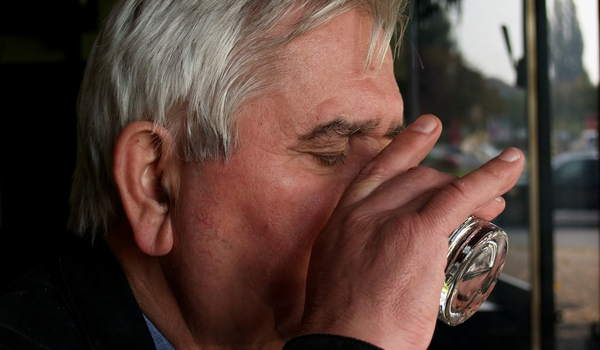
3. Limit your alcohol consumption. This means no more than two drinks per day for men and one drink per day for women. Oral cancer is six times more common in alcohol users than in people who don't drink, according to the American Cancer Society. And you can't "save up" all your drinks for a week and then binge on Friday night with your weekly "allotment," McTiernan said.
Slide 5

4. Protect your skin from the sun. Its ultraviolet rays damage the skin's DNA and can cause genetic mutations that lead to skin cancer, according to the Skin Cancer Foundation. Use sunscreen every time you go outdoors (preferably one with an SPF of 30 or higher that protects against both UVA and UVB rays). Keep covered with a broad hat and sunglasses.
Slide 6
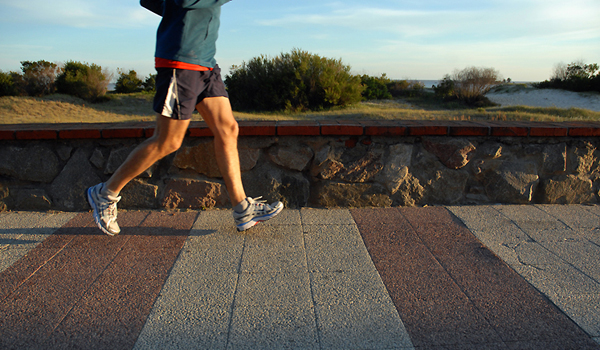
5. Be physically active. Research shows active people have a lower risk of developing colon and breast cancers than people who don't exercise, according to the Centers for Disease Control and Prevention. You don't need to be a super-athlete to get the benefits of exercise. Activities such as brisk walking, biking, dancing or any exercise that raises your heart rate and makes you sweat is beneficial.
Slide 7

6. Keep your weight in the normal range for your height. That means keeping to a body mass index (BMI) of 25 or less. Increases in BMI are linked to endometrial, gall bladder, esophageal, renal, thyroid and colon cancers, according to a 2008 study in the journal Lancet. Try to stay within five to 10 pounds of what you weighed at age 18, the researchers advised.
Slide 8
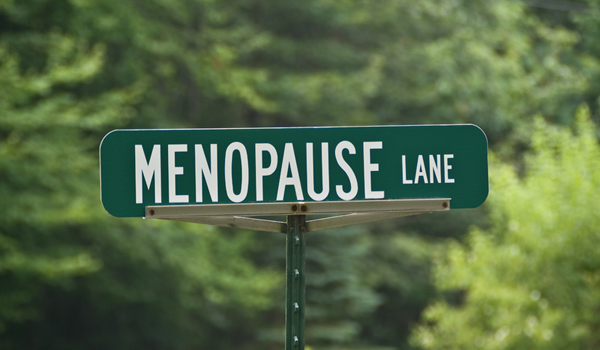
7. Avoid taking hormone replacement therapy to treat symptoms of menopause. A number of studies have linked hormone use to an increased risk of uterine cancer, according to the American Cancer Society. If you need to take hormones, limit your use to less than five years, the ACS advises.
Slide 9
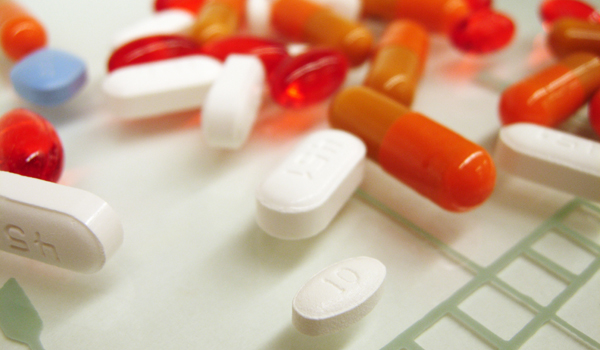
8. After consulting your doctor, consider taking medications to reduce your cancer risk. There are several medications that have been tested and found effective for reducing risk for cancer. For example, drugs called selective estrogen receptor modulators can help women with a high risk of developing breast cancer stay cancer-free, according to the Mayo Clinic.
Slide 10
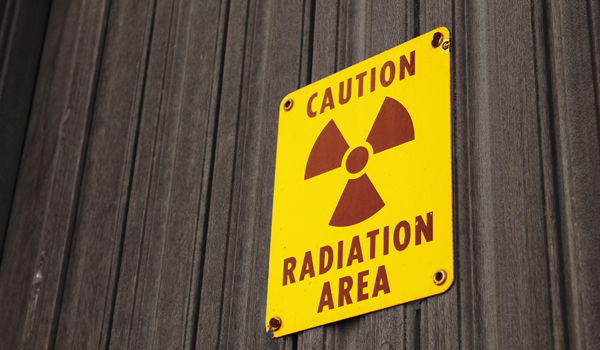
9. Avoid exposures to cancer-causing substances. Radiation exposures and some chemicals are known to cause cancer. For example, ionizing radiation that comes from gamma rays, high-energy UV rays and X-rays is linked to cancers of the lung, skin, thyroid, breast and stomach, according to the American Cancer Society.
Slide 11
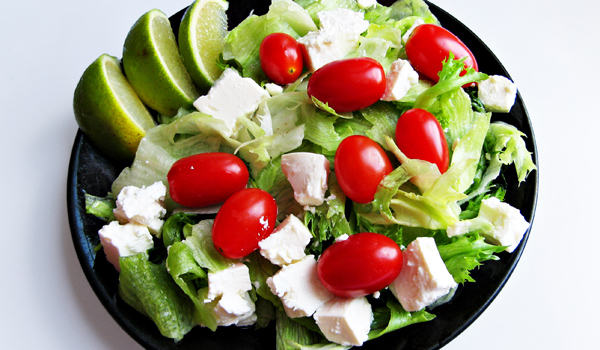
10. Eat a diet that reduces the risk of cancer. The role of diet in cancer is far from established, but research suggests that a plant-based diet is associated with reduced risks for several cancers, especially colon cancer. The recommendations include keeping your intake of red meat to no more than four ounces (about the size of a deck of cards) per day on average, avoiding processed meats such as sausages and bologna, eating at least five servings of a variety of non-starchy vegetables and fruits every day, and minimizing your intake of sugary drinks, juices, desserts and candies, refined breads and bagels, and chips.
Sign up for the Live Science daily newsletter now
Get the world’s most fascinating discoveries delivered straight to your inbox.


